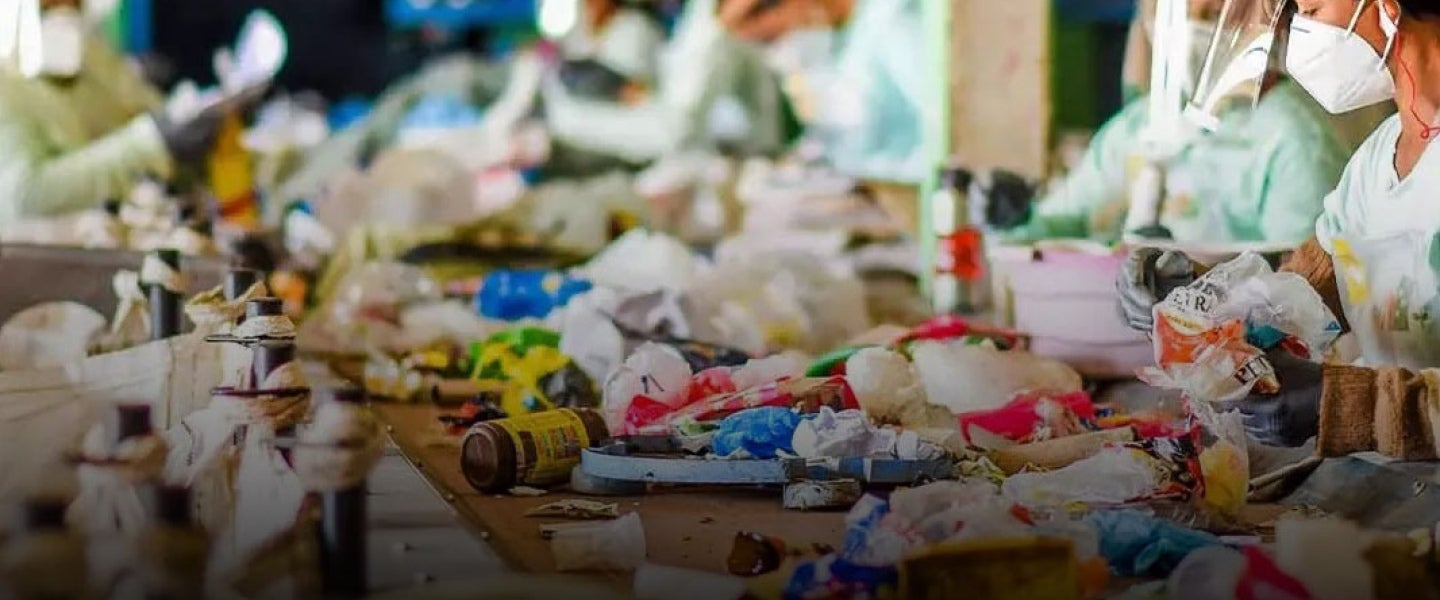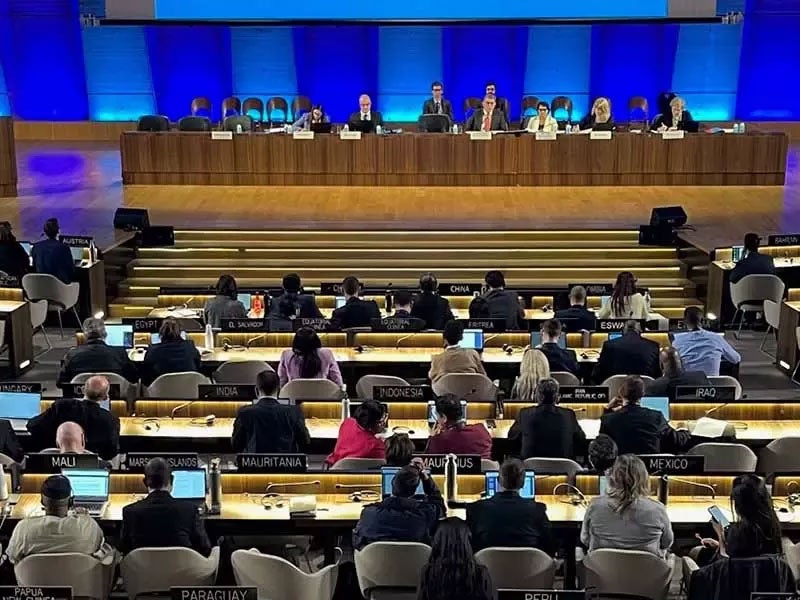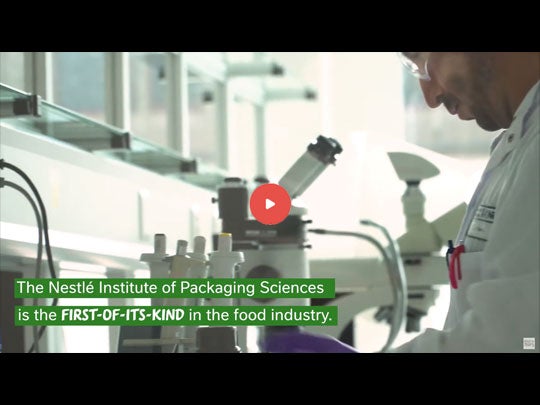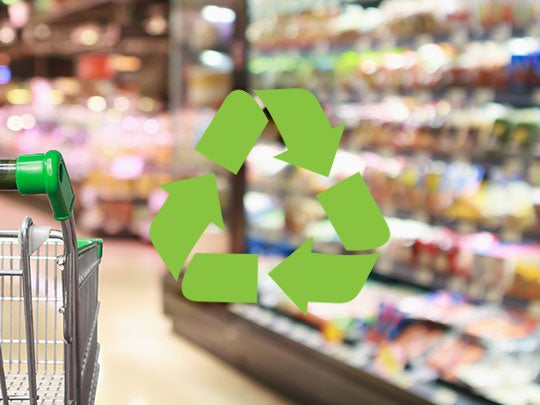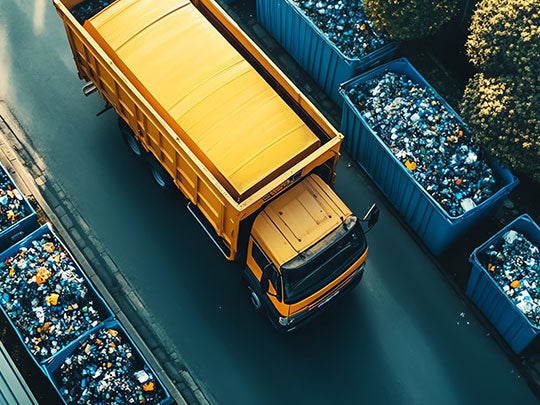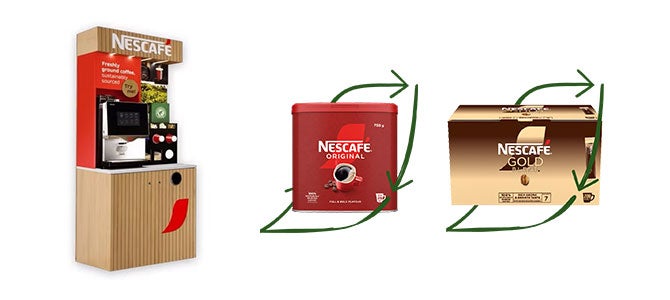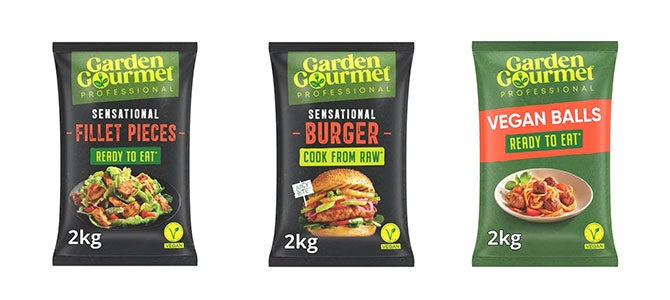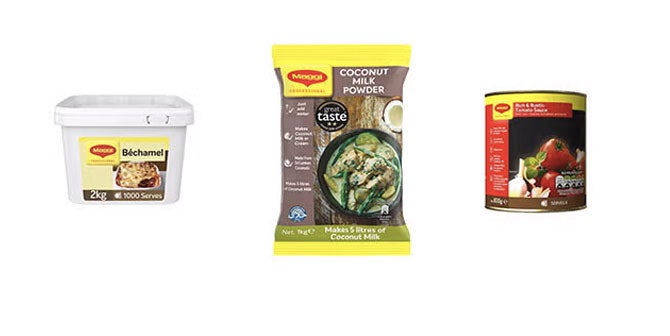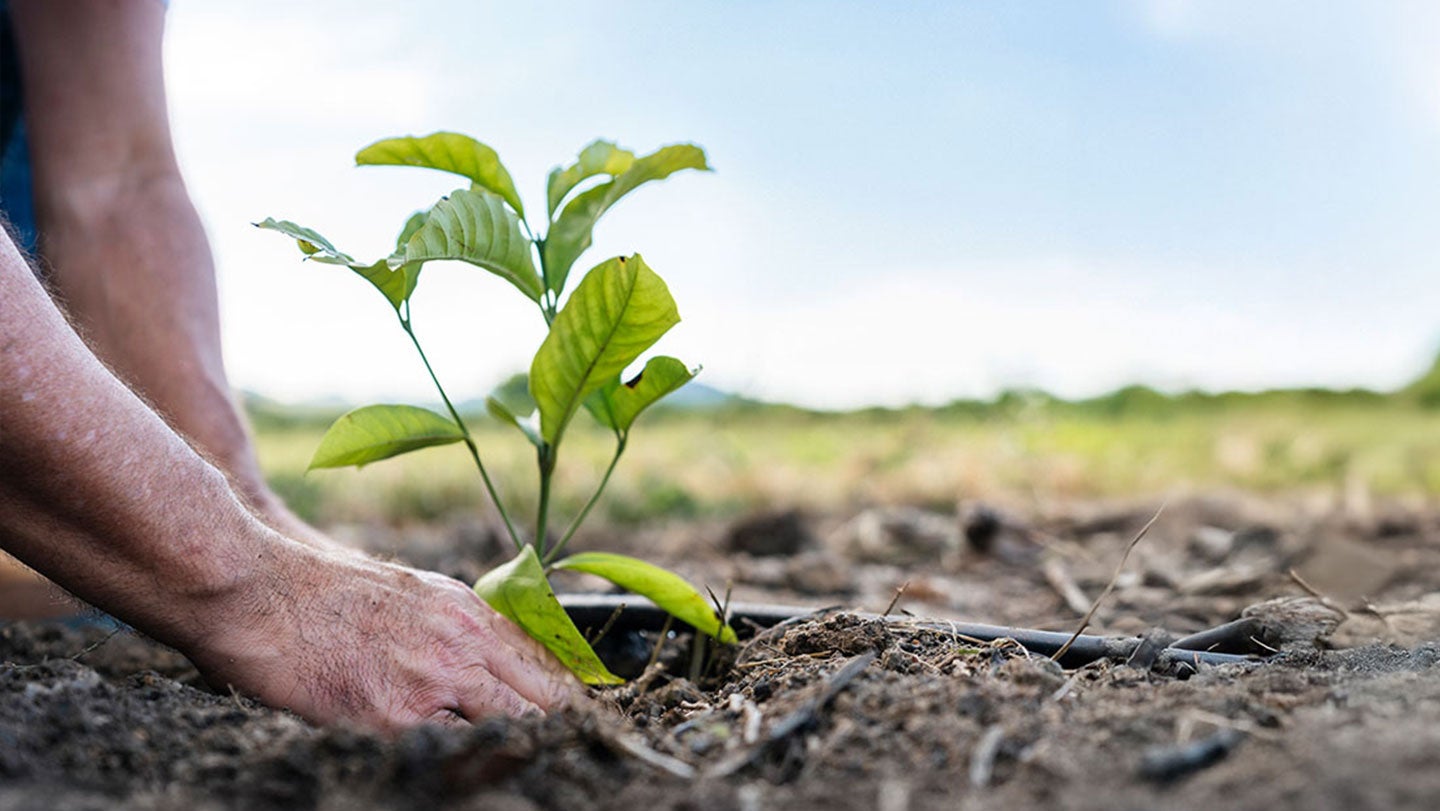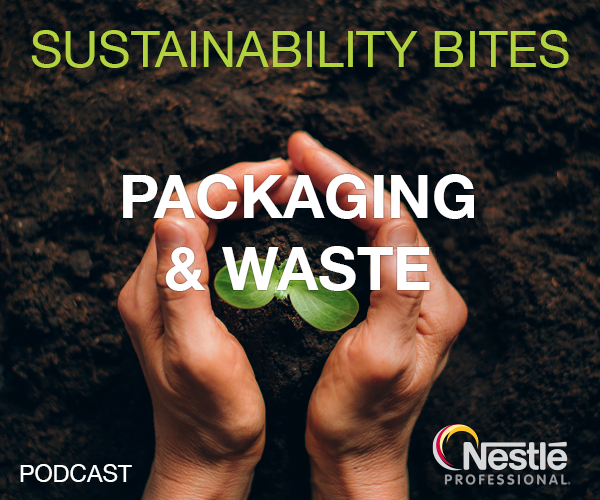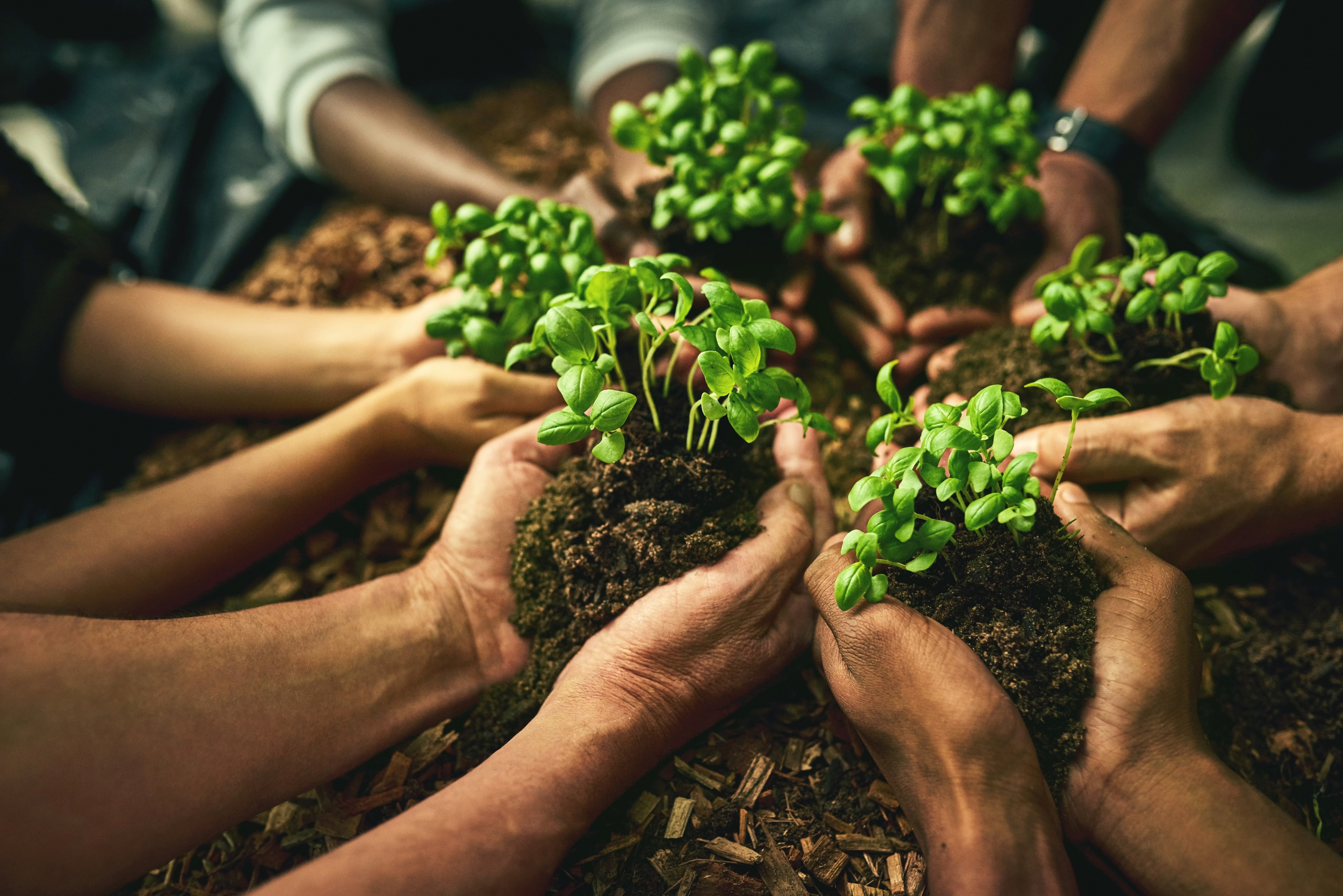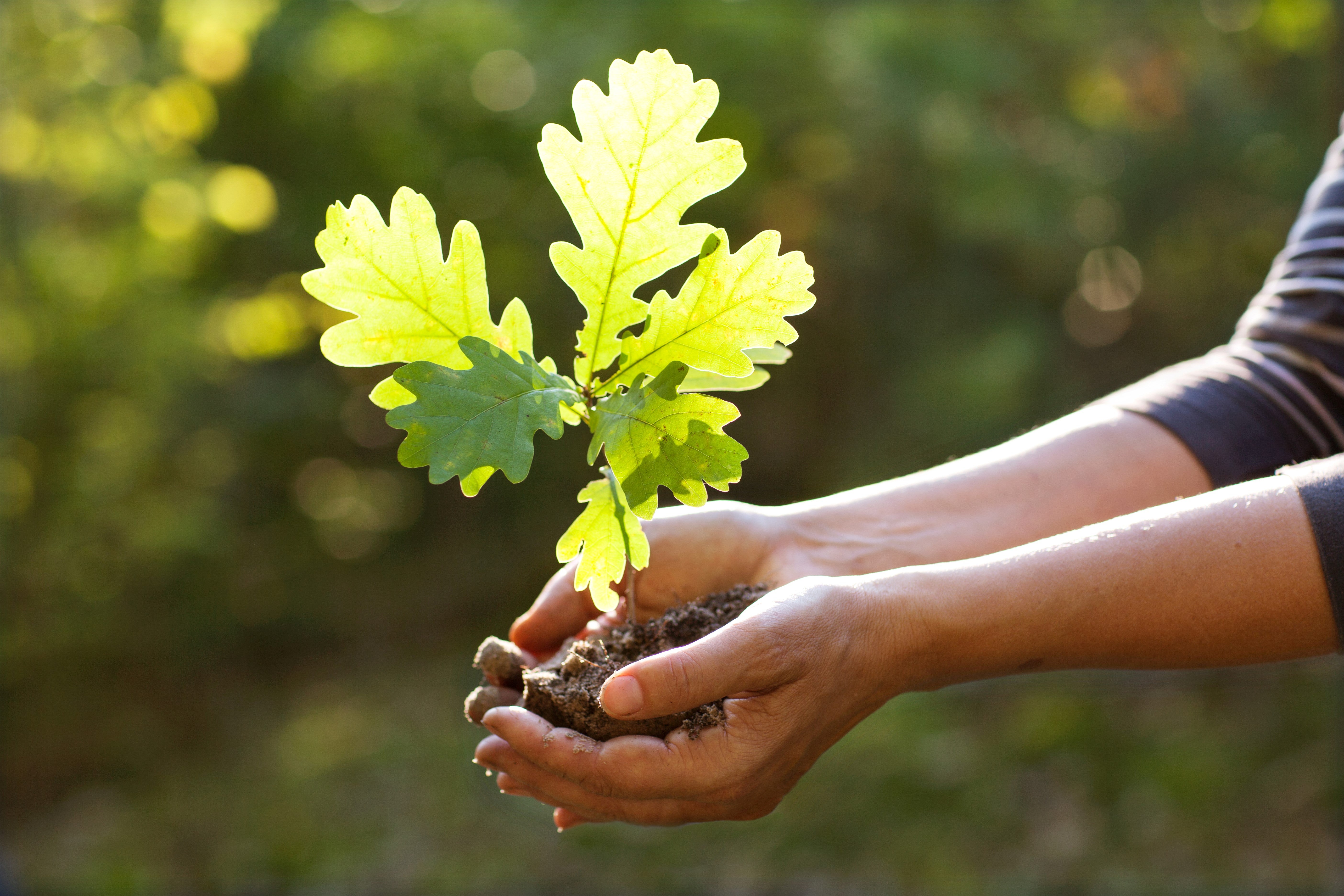Nestlé is signed up to the UK Plastics Pact. The targets of this Pact include:
- Eliminating problematic or unnecessary single use plastic packaging.
- 100% of plastics packaging to be reusable, recyclable or compostable.
- 70% of plastics to packaging effectively recycled or compostable.
- 30% average recycled content across all plastic packaging.
Achievements to date
We’re dedicated to making sure that by the end of 2025 over 95% of our Packaging will be Recyclable, Reusable or Compostable. Plastic packaging is designed for recycling and our virgin plastic use is reduced by a third, vs 2018. To date we’ve achieved:
| 86.4% of plastic packaging designed for recycling at then end of 2024* |
21.3% reduction in virgin plastic use in at the end of 2024 vs 2018 baseline* |
89.5% packaging that is recyclable, reusable or compostable at the end of 2024 |
Nestlé’s five-pillar packaging strategy
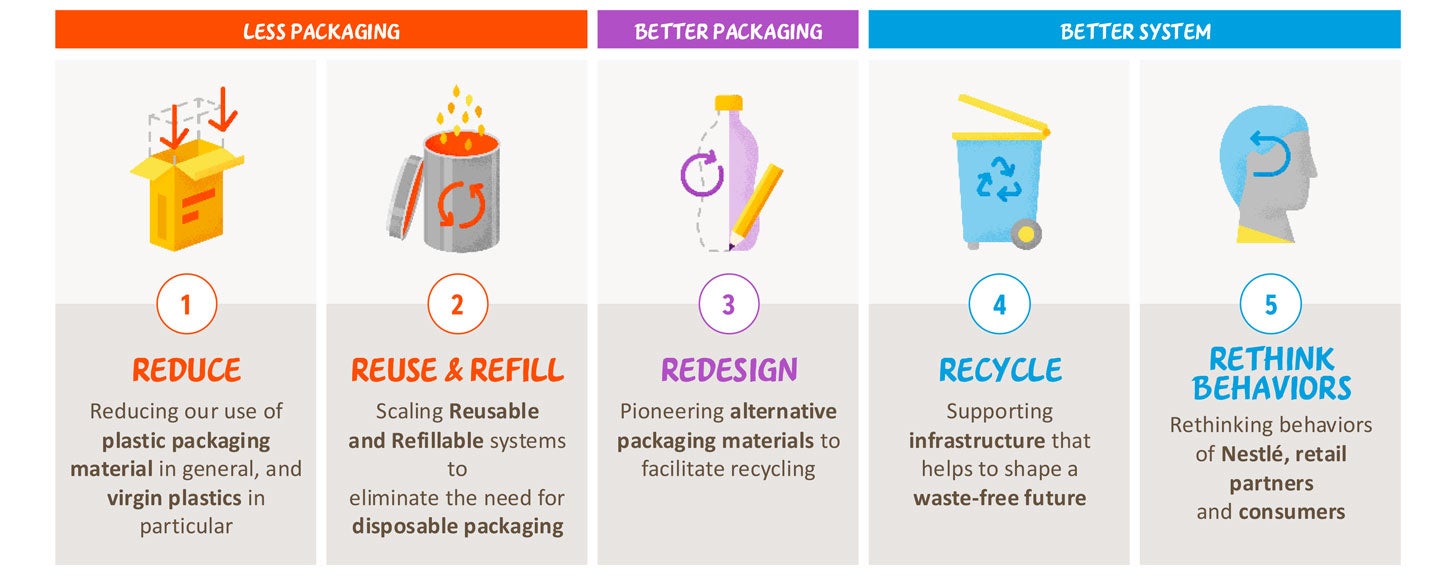
The Nestlé Institute of Packaging Sciences
In 2019, Nestlé created the Institute of Packaging Sciences to focus on a number of science and technology areas, such as refillable or reusable packaging, simplified packaging materials, recycled packaging materials, high-performance barrier papers as well as bio-based, compostable and biodegradable materials.
Flexible Plastic Fund
At Nestlé, we are a founding member of the UK Flexible Plastic Fund which has run collection, sorting and recycling trials for flexible plastic in Local Authorities. A final report on recommendations for best practice to collect, sort and recycle flexible materials will be published in 2025. Nestlé is committed to supporting activities that advocate for the improvement of flexible plastics recycling facilities, including extending this to the food service sector.
Here’s What We Know About Flexible Plastics and Recycling in The Foodservice Sector
Flexible plastic packaging is a big deal. 215 billion pieces are placed on the UK market each year.
It protects our products, extends, shelf life and reduces food waste and ensures we can deliver safe, fresh affordable products to delight our consumers. Yet currently it’s not widely collected or recycled from businesses or households in the UK.
However, under Simpler Recycling Legislation flexible plastic packaging will be collected from Business and households from March 31st 2027. Infrastructure to sort and recycle this material will require significant investment.
At Nestlé Professional, we’re constantly looking for new materials and technologies to improve our packaging that meet customers’ needs. We’re working to be ready for when recycling is possible by ensuring our packaging uses flexible plastic materials that are designed to be recycled.
Did you know?
You could take your Nestlé Professional plastic packaging to one of over 5,000 supermarket collection points for flexible plastic packaging in the UK where it will be recycled into items like bin bags and plastic lumber.
NESCAFÉ®
Our ambition at NESCAFÉ® is to ensure that as close to 100% of our packaging is designed for recycling by 2025. We are dedicated to working towards all our packaging being recyclable or reusable, aligning with Nestlé's commitment to sustainable packaging.
GARDEN GOURMET®
All our flexible plastic packaging is designed for recycling which means we’re already ready for the incoming Simpler Recycling legislation in 2027. Click below to find out more about Garden Gourmet and sustainability.
MAGGI®
MAGGI® is committed to improving the sustainability of our packaging. This includes fully recyclable steel cans for the Rich & Rustic Multi-use tomato sauce; and Coconut Milk Powder bags which are made from flexible plastic that’s designed for recycling – in line with Simpler Recycling legislation you will be able to place this in your business recycling bin for collection from March 2027. Additionally, the white plastic tubs are recyclable, with all components made from polypropylene (PP) and are dishwasher safe for extended use.
Packaging: Materials & Substitution Podcast
Top voices from packaging, foodservice and sustainability unite to tackle packaging reduction challenges and navigate the shift towards more sustainable systems. In the episode, 'Packaging: Materials & Substitution' experts discuss strategic priorities, assessing the landscape and charting a course towards a more sustainable future.
* Source: Creating Shared Value at Nestlé, Feb 2025
